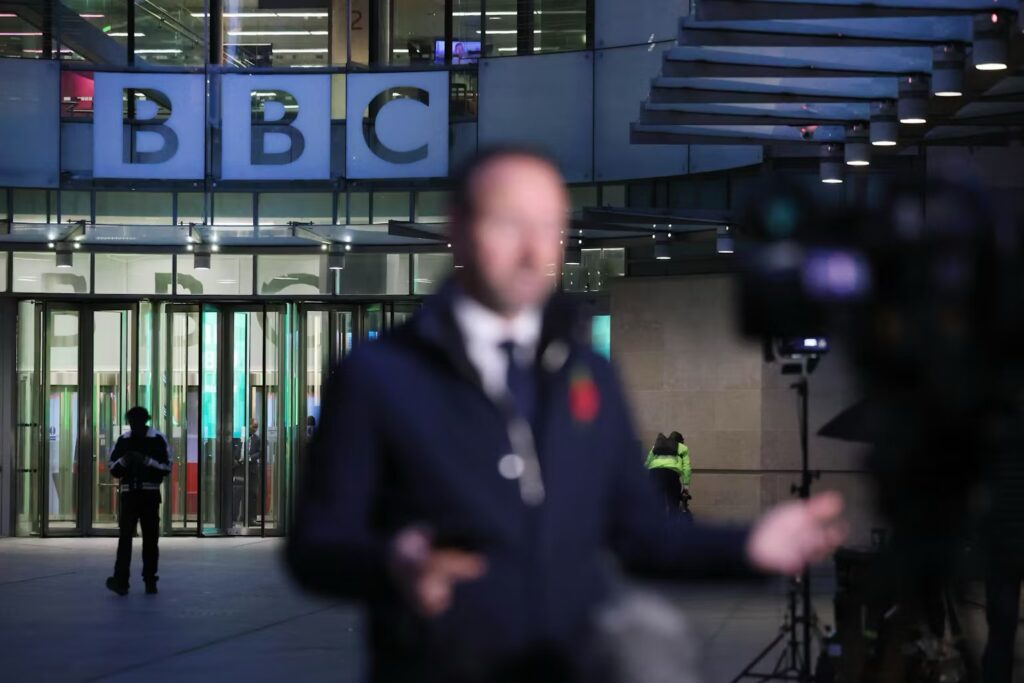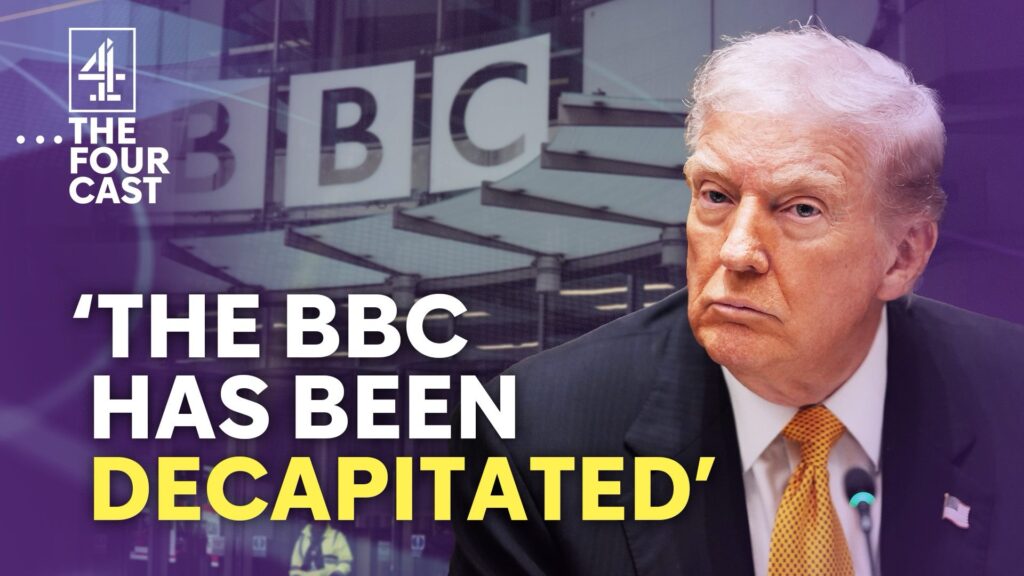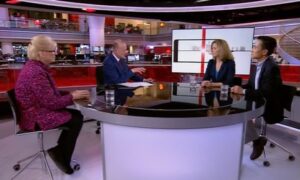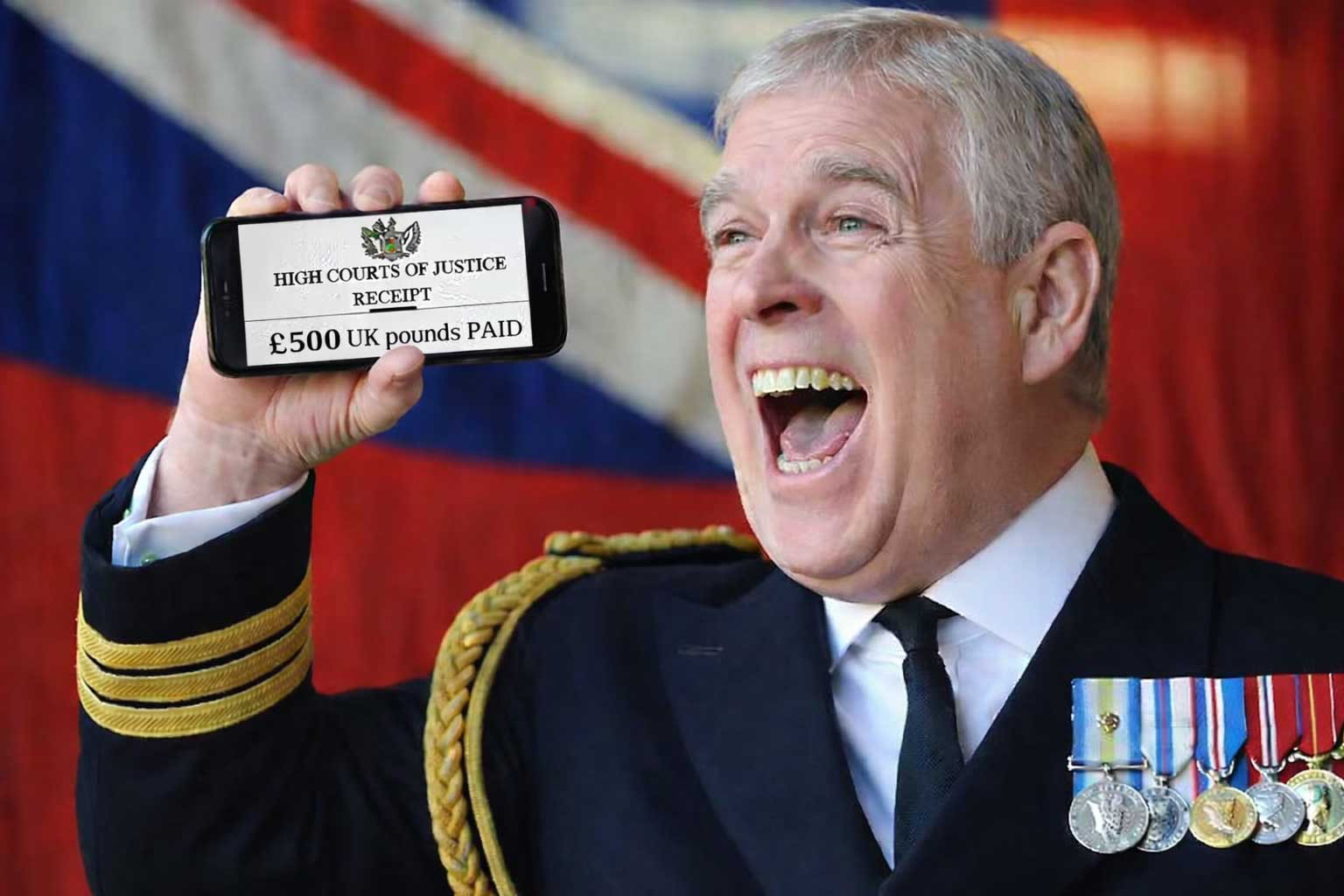The BBC is facing numerous challenges, including financial difficulties, a contentious internal memo alleging biased reporting, and the recent resignations of senior leaders. An internal report leaked by former adviser Michael Prescott highlighted 'serious and systemic problems' within the organization.

Funding Model Is Unravelling
A parliamentary report revealed that the BBC lost more than £1.1 billion in potential licence-fee income during 2024-25. This drastic loss was attributed to a 12.5% evasion rate and nearly 3.6 million households declaring a 'no licence needed' status. Amidst these struggles, the BBC aimed for £700 million in savings by 2028, achieving only £564 million by the end of the reporting period.
Editorial Failures Trigger Leadership Collapse
The internal memo by Prescott claimed that BBC editors manipulated footage related to Donald Trump's speech and exhibited bias in their coverage of the Israel-Hamas conflict and transgender issues. Consequently, BBC Director General Tim Davie and News Chief Deborah Turness stepped down.

Staff Morale and Trust at Risk
Internal sources reported that morale among BBC newsroom teams was at its lowest in decades, compounded by increasing workloads and diminishing structural oversight. An anonymous senior lawmaker stated, 'If viewers and listeners no longer can have confidence in [the BBC], then that is hugely damaging.'
The Path Ahead: Reform or Reinvention?
As the BBC nears its 2027 charter renewal, it must confront critical issues: reforming its funding model—possibly replacing the licence fee—overhauling its newsroom culture, and reaffirming its role amidst a media landscape increasingly dominated by streaming platforms.

With over £1 billion in lost revenue and a shaken leadership structure, the central question remains: Can the BBC restore trust and relevance, or must it redefine its mission in an evolving media age?




















